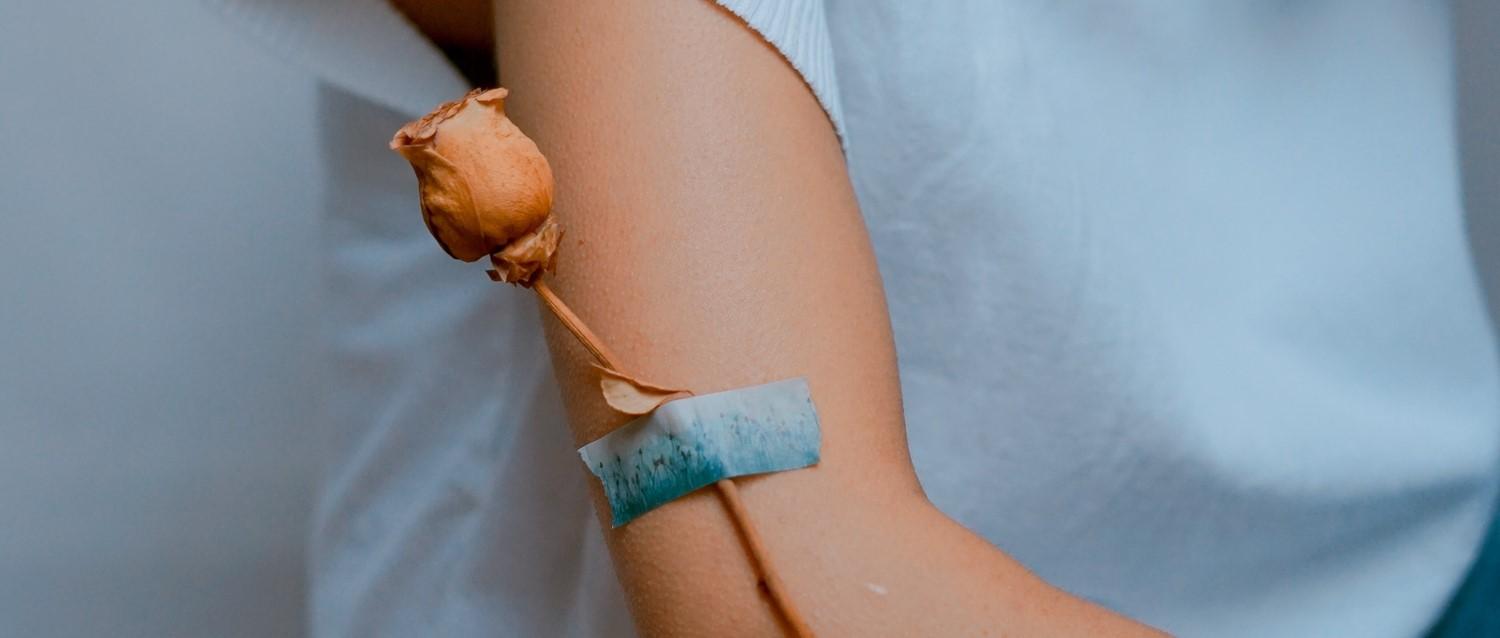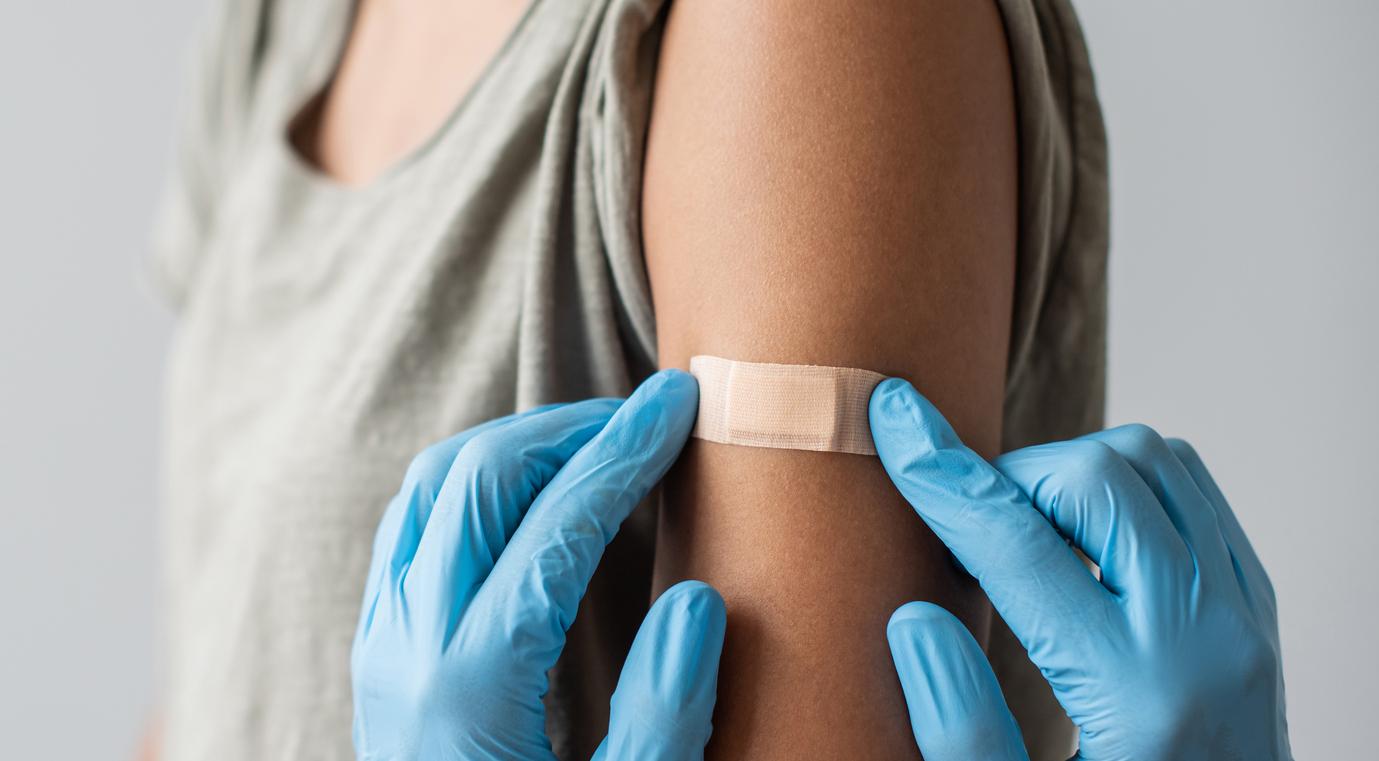
COVID-19 coronavirus: when will we have a vaccine?
Peer reviewed by Dr Sarah Jarvis MBE, FRCGPLast updated by Andrea DowneyLast updated 30 Mar 2020
- DownloadDownload
- Share
Medical experts around the world are working around the clock to develop a vaccine for COVID-19 as it continues to spread around the globe. But how are vaccines made and when are we likely to have one for coronavirus?
In this article:
This article has not been updated since it was written and the advice in it may not be up to date. You can find all our latest features on COVID-19 at our coronavirus hub.
We all know that vaccines exist for other viruses, like flu, but COVID-19 is a new illness that experts haven't seen before.
Dr Diana Gall of Doctor 4 U, and Mr Parvinder Sagoo, pharmacist and clinical advisor at Vaxxy, explain how vaccines are made, how coronavirus is being mapped and when we will see a vaccine for COVID-19.
A huge amount of misinformation about vaccines is often shared on social media, causing unnecessary concern around their safety. Myths about vaccines causing autism or containing heavy metals that can poison the body are scientifically unfounded. Vaccines are safe and the best way we can protect the population from disease. That's why the creation of a coronavirus vaccine is so important to control the pandemic.
Continue reading below
How are vaccines made?
The most common way to make a vaccine involves using the virus antigen itself, Dr Gall explains.
"In any vaccine, the strain of virus that needs an immunisation must be identified before anything can be done. However, once the strain is identified, the antigen is isolated and either weakened or made inactive through a chemical process," she says.
"Virus proteins that are used to create vaccines are sometimes grown in cells that come from chicken embryos, or alternatively, they can be grown in a bioreactor like a Petri dish. This allows the antigens to grow in a controlled environment and be isolated from their host cells in order to create vaccinations.
"When a virus is weakened or inactive, it can't reproduce in order to cause illness, but the body's immune system can still create antibodies to fight it off. That way, if you do come into contact with an active form of the virus, your body should be equipped to fight it before it makes you ill."
Vaccines in an outbreak
During unprecedented times, like the current coronavirus outbreak, vaccines must still go through the same process, but because the demand is higher a fast-tracked process is usually possible.
"Right now, health professionals around the globe are racing against the clock to get a vaccine for this virus. However, the issue is that creating a vaccine takes time. However, the fact that all efforts from health professionals around the globe will be focused on getting a vaccine could quicken the process," Mr Sagoo says.
But in order to do this, scientists need to identify the exact strain of the virus causing the pandemic.
"Before any vaccine can be produced, the exact strain causing the epidemic or pandemic must be identified and isolated, as with any other vaccine production," Dr Gall explains.
"Unfortunately, even in cases where an immunisation is desperately needed, it can take a long time to create one, and certain processes can only be accelerated so much before safety is compromised.
"Any vaccine, including those made for a mass outbreak, are produced in the same ways. However, Moderna, the company behind one of the current vaccines being trialled for COVID-19, uses mRNA technology - a faster method than traditional vaccines."
Messenger RNA (mRNA) is a molecule found in cells which carries DNA codes from the nucleus to the cytoplasm, where a process called protein synthesis is carried out.
"The DNA sequence of the virus is transcribed into mRNA, meaning that the actual antigen of the virus itself isn't included in the vaccine,. Despite that, it still contains everything that the body needs to create specific antibodies to fight off the virus."
Patient picks for Vaccinations

Infections
Where to get your flu jab this year
It's that time of year again - winter will soon be upon us and that means it's time to get your flu jab. This year it's especially important to get your flu jab because it's our best defence against the winter virus spreading and putting extra pressure on the NHS while COVID-19 is still circulating.
by Andrea Downey

Infections
Pneumococcal immunisation
Pneumococcus can cause diseases such as pneumonia, meningitis and blood infections. Children aged under 2 years should receive the vaccine. You should consider pneumococcal immunisation if you are aged over 65 years or have certain diseases of the lung, heart, kidney, liver and nervous system. Pneumonia vaccine side-effects are mild, and many people do not get any side-effects at all.
by Dr Doug McKechnie, MRCGP
Continue reading below
Human trials
Any vaccine developed will need to undergo human trials, with the vast majority needing to be tested on animals first. This usually takes a long time to get approval for, but on 16th March the first human was injected in the Moderna trial.
"Unfortunately, even though mRNA vaccines tend to be quicker than traditional vaccines, they still have to go through a rigorous testing process to ensure safety and efficiency," Dr Gall adds.
"Whilst a vaccine is needed now, it's not likely that we'll see one before 2021, with experts from around the world predicting a 12- to 18-month wait for the COVID-19 vaccine to be ready."
One jab for life?
Once a vaccine is made it doesn't necessarily protect you for life; it's highly dependent on what the disease you've been immunised against is.
As viruses mutate regularly, a vaccine you had for one strain won't protect you from another. The flu, for example, mutates every winter. To cope with this, the World Health Organization identifies the strains likely to be an issue every flu season and new vaccines are developed accordingly.
In the case of coronavirus, when a vaccine is developed it will protect against the strain currently spreading but will likely be ineffective against other strains.
"Annual flu vaccines are updated yearly, because the strains of flu that go around change every year. The viruses can be identified a few months in advance for an immunisation to be prepared," Dr Gall says.
"Each year's flu vaccine tends to protect you from around three to four strains of flu, but can't protect you from novel viruses such as COVID-19 unless they're identified prior to the immunisations being produced."
As to how often vaccines are updated, Mr Sagoo says it entirely depends on the vaccine.
"As we know, flu vaccines are released yearly to keep up with the adapting flu viruses. When you are vaccinated, the immune system produces antibodies which work to protect you from the viruses which are in the vaccine," he explains.
"Your antibody levels decline over time, which is why you must get an updated vaccine when it arrives."
Meanwhile, as we wait for a vaccine for coronavirus, the best thing you can do to protect yourself is to follow the latest guidelines from Public Health England and stay at home as much as possible to avoid contracting the virus.
Article history
The information on this page is peer reviewed by qualified clinicians.
30 Mar 2020 | Latest version

Ask, share, connect.
Browse discussions, ask questions, and share experiences across hundreds of health topics.

Feeling unwell?
Assess your symptoms online for free